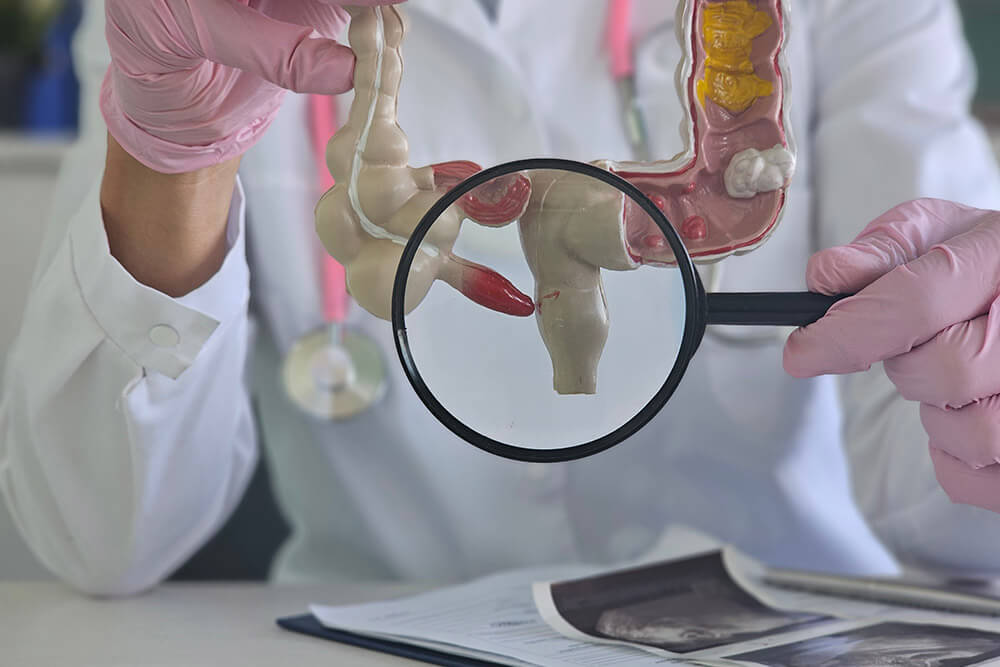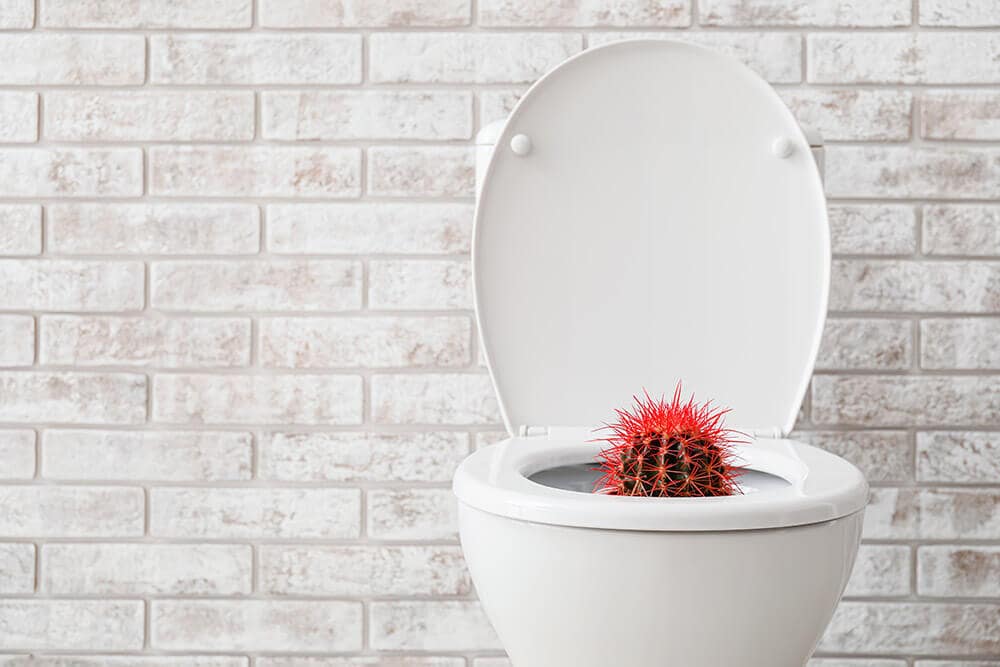How Dr. Rishi Chadha Diagnoses Eosinophilic Duodenitis?
Dr. Chadha uses a step-by-step approach:
Symptom Review and Medical History
He evaluates your digestive symptoms, any history of allergies or asthma, and prior treatments to identify potential triggers.
Upper Endoscopy
An endoscope is passed into the small intestine to directly visualize the duodenal lining for signs of irritation or swelling.
Duodenal Biopsy
During endoscopy, small tissue samples are taken from the duodenum to quantify eosinophil levels under the microscope.
Pathology Analysis
Specialized pathologists examine the biopsy for elevated eosinophil counts and other inflammatory cells to confirm the diagnosis.
ICD-10 Coding
Once confirmed, Dr. Chadha documents the condition using code K52.81 for accurate medical records and insurance processing.
Frequently Asked Questions
What is eosinophilic duodenitis?
A condition where eosinophils a type of white blood cell build up in the duodenum, causing swelling, pain, and digestive problems.
What causes eosinophilic duodenitis?
It's often triggered by food allergies (dairy, wheat, soy), asthma or other allergic diseases, and an overactive immune response in the gut.
How does Dr. Chadha diagnose it?
He reviews your history and symptoms, performs an upper endoscopy, and takes a duodenal biopsy to count eosinophils in the lab.
What is the ICD-10 code for this condition?
The diagnosis code used for insurance and records is K52.81.
What roles do eosinophils and mast cells play?
They are immune cells that, when overly active in the gut, release substances that irritate and inflame the intestinal lining.
How is eosinophilic duodenitis treated?
Treatment includes elimination diets, PPIs, low-dose budesonide, antihistamines or mast cell stabilizers, and nutrition support.
Will changing my diet really help?
Yes. Removing trigger foods often leads to significant symptom relief within weeks.
Are steroids safe for long-term use?
Dr. Chadha prescribes low-dose budesonide, a topical steroid with fewer systemic side effects than traditional steroids.
How soon can I expect to feel better?
Many patients notice improvement in pain, nausea, and digestion within a few weeks of starting treatment.
How do I schedule a consultation?
Call GastroDoxs in Houston to book your visit with Dr. Rishi Chadha and start your personalized treatment plan.











